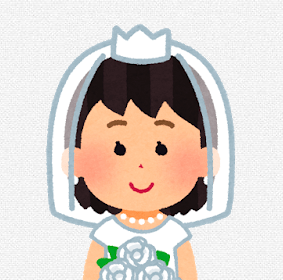Like, Love, and Good in Korean
From a Korean show named BLACK, I picked an impressive scene using "좋아헤요 (to like)."
The phrase is from episode 14.
Though this scene is absolutely not a typical romantic situation—indeed, it's a hopeless, life-threatening situation—, the nice background music and the actor's tender voice tone make this scene somehow so romantic; I like it.
Just for a reference, the scene is around 17:35 of the episode 14, if watched in Netflix.
This scene is interesting to me because the phrase doesn't go with "사랑해요 (love)." Instead, the guy says "좋아헤요 (like)" to say "I like you" to a girl who is not yet the guy's girlfriend. I've been thinking that "좋아헤요" is the word for things that one likes, not for people. But apparently, we can use it for people who we like or adore.
Also, it's interesting to know that there is a distinction in Korean to use "like" and "love" as in English, according to people's relationships. From what I understand, people who are not yet dating would use "좋아헤요," and people in a relationship would use "사랑해요."
사랑해: Love
Since I brought this up here, I'd love to share another scene from the same show BLACK.
This one is being said from a bride to a groom when they are heading to a honeymoon.
In a romantic relationship, 사랑해요 means "I love you" as known. Also, I often hear that Korean celebrities say to their fans "여러분, 사랑합니다" which means "I love you all."
좋아헤 & 좋아: Like & Good
These two are so confusing.
| Word | Meaning | Ex. |
|---|---|---|
| 좋아헤 / 좋아헤요 (좋아하다 ) | like | 난 널 좋아해. (I like you.) |
| 좋다 / 좋아 (좋다) | nice, good, fine | 이 커피는 좋다.
(This coffee is good.) |
From my understanding, "좋아헤" is used to say that I like someone or something. Whereas "좋아 (the original form is 좋다)" is used to say I think something is nice, good, or fine. Usually, we can use "좋다" to say something is "good." If you think it's good and also you kind of feel to like it, then we can use "좋아."
In BLACK's episodes, I often heard a guy said "좋아 (good)" for "okay, sure." in the following kind of situations:

If you can really disclose the recording evidence, then go ahead
(you won't do that, will you?ha).

좋아 (Okay, fine).
I'll tell everything you've done to the press.
Summery
Another Post Related to BLACK


